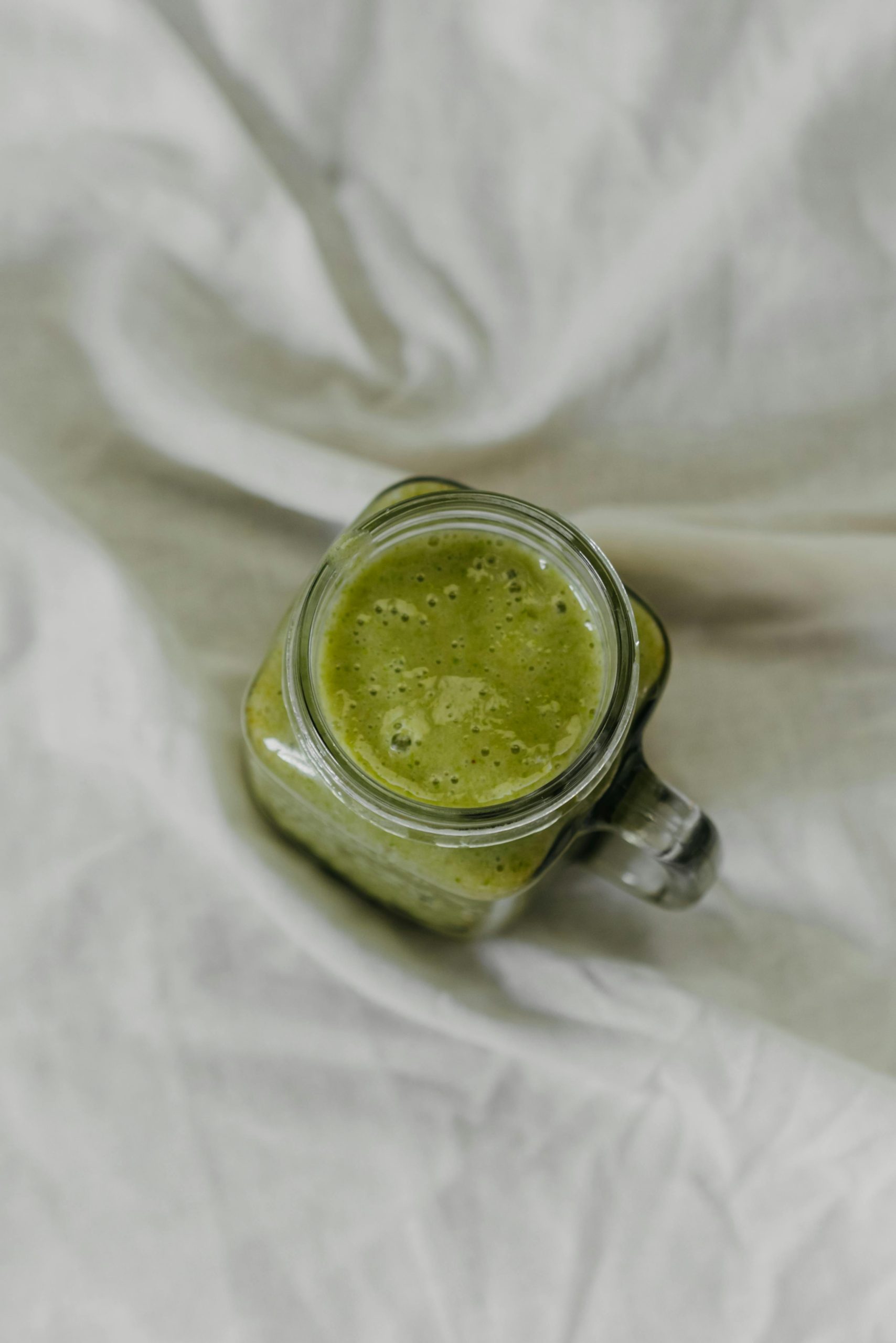Gluten has become a hot topic in nutrition and health discussions, with many people questioning whether it contributes to inflammation. While some individuals experience clear adverse reactions to gluten, others may wonder if avoiding it could improve their overall well-being. This article explores the connection between gluten and inflammation, examining scientific evidence, who might be affected, and how to determine if gluten is a problem for you.
What Is Gluten and Where Is It Found?
Gluten is a family of proteins found in grains like wheat, barley, and rye. It acts as a binding agent, giving bread and other baked goods their chewy texture. Common foods containing gluten include:
- Bread, pasta, and cereals
- Baked goods like cakes and cookies
- Beer and malt beverages
- Processed foods with hidden gluten (e.g., sauces, soups, and dressings)
While gluten is harmless for most people, it can trigger immune responses in those with certain conditions, leading to inflammation and other health issues.
How Gluten Triggers Inflammation in Sensitive Individuals
For some people, gluten can provoke an inflammatory response. The two primary conditions linked to gluten-related inflammation are celiac disease and non-celiac gluten sensitivity (NCGS).
Celiac Disease: An Autoimmune Reaction
Celiac disease is an autoimmune disorder where gluten ingestion causes the immune system to attack the small intestine. This leads to:
- Chronic intestinal inflammation
- Nutrient malabsorption
- Increased intestinal permeability (“leaky gut”)
Left untreated, celiac disease can result in long-term complications like osteoporosis, neurological disorders, and even certain cancers.
Non-Celiac Gluten Sensitivity (NCGS)
Unlike celiac disease, NCGS does not involve an autoimmune response or intestinal damage. However, individuals with NCGS experience symptoms such as:
- Bloating and digestive discomfort
- Fatigue and brain fog
- Joint pain and headaches
Research suggests that NCGS may involve innate immune activation, leading to low-grade inflammation.
Gluten and Systemic Inflammation: What Does the Science Say?
Beyond celiac disease and NCGS, some studies suggest that gluten may contribute to systemic inflammation in certain individuals. Here’s what research indicates:
Gluten and Gut Permeability
Gluten may increase intestinal permeability, allowing toxins and undigested food particles to enter the bloodstream. This can trigger an immune response, leading to widespread inflammation.
Gluten and Autoimmune Conditions
Some autoimmune diseases, such as rheumatoid arthritis and Hashimoto’s thyroiditis, have been linked to gluten sensitivity. While gluten is not the sole cause, eliminating it may help reduce inflammation in some cases.
Gluten and Chronic Inflammatory Diseases
Emerging research suggests that gluten might exacerbate conditions like irritable bowel syndrome (IBS) and inflammatory bowel disease (IBD). However, more studies are needed to confirm these associations.
How to Determine If Gluten Is Causing Inflammation for You
If you suspect gluten is contributing to inflammation, consider the following steps:
- Get tested for celiac disease: Blood tests and biopsies can confirm or rule out celiac disease.
- Try an elimination diet: Remove gluten for 4-6 weeks and monitor symptoms.
- Reintroduce gluten: If symptoms improve, reintroduce gluten to see if inflammation returns.
- Consult a healthcare professional: A dietitian or gastroenterologist can provide personalized guidance.
Conclusion
Gluten can indeed cause inflammation, but its effects vary widely among individuals. For those with celiac disease or NCGS, avoiding gluten is essential to prevent inflammation and related health issues. Others may not experience adverse effects, but if you suspect gluten is contributing to chronic inflammation, testing and dietary adjustments can help clarify its role in your health. Always seek professional advice before making significant dietary changes.


